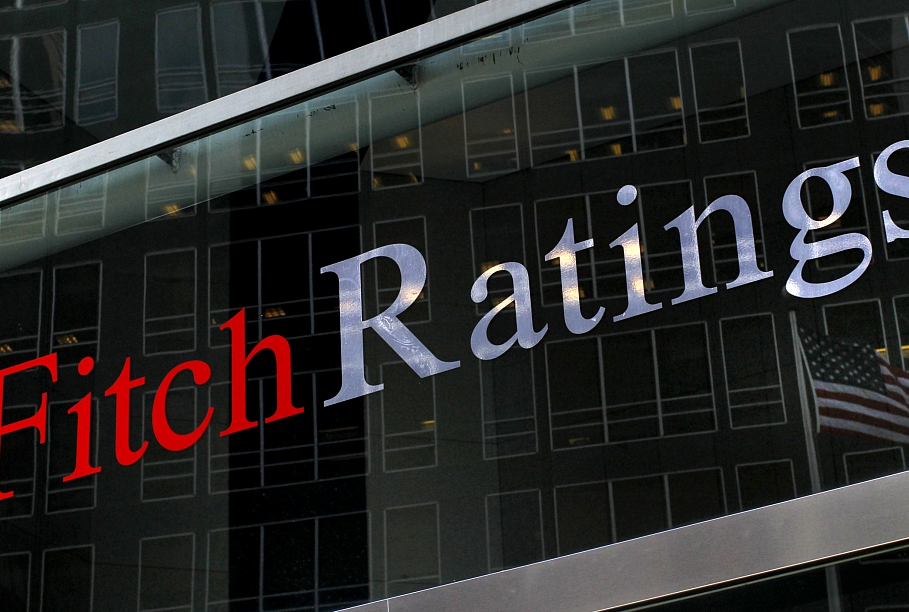"Latvia's ratings are supported by the sovereign's institutional strengths and a credible policy framework aided by eurozone membership, as well as a more favourable fiscal position relative to 'A' rated peers. However, the country's lower per capita income, weaker external finances, smaller and more open economy, and weaker demographics compared with its 'A' peers constrain the ratings," the agency said in a statement.
The issue ratings on Latvia's senior unsecured foreign and local currency bonds have also been affirmed at 'A-'. The Country Ceiling has been affirmed at 'AAA'. The Short-Term Foreign- and Local-Currency IDRs have been affirmed at 'F1'.
For 2017, Fitch forecasts growth to rise to 2.6% due to a rebound in investment stemming from a recovery in use of EU funds after a double-digit slump in 2016, caused by the EU funding cycle. Private consumption will support growth, but at a lower rate than last year due to higher inflation, which Fitch forecasts to average 2.7% in 2017 from 0.1% in 2016. Risks to the GDP forecast are tilted to the downside, dependent on the absorption of EU funds and economic developments in Latvia's largest trading partners.
Fitch forecasts a fiscal deficit of 0.5% of GDP in 2017, but it warns the deficit forecast does not take into account any accounting impact arising from the winding-down of 'bad bank' Reverta by end-2017.
On the banking sector, Fitch said: "Non-resident deposits (NRDs) are large, but had fallen to 44% of total deposits at end-2016, compared with 55% a year earlier. Recession in Russia and the clampdown by Latvia's Financial and Capital Market Commission on money laundering among NRD serving banks are key drivers of the declining stock of NRDs. Fitch expects this trend to continue in 2017, but at a slower pace and primarily led by withdrawals by individuals and corporates."
































